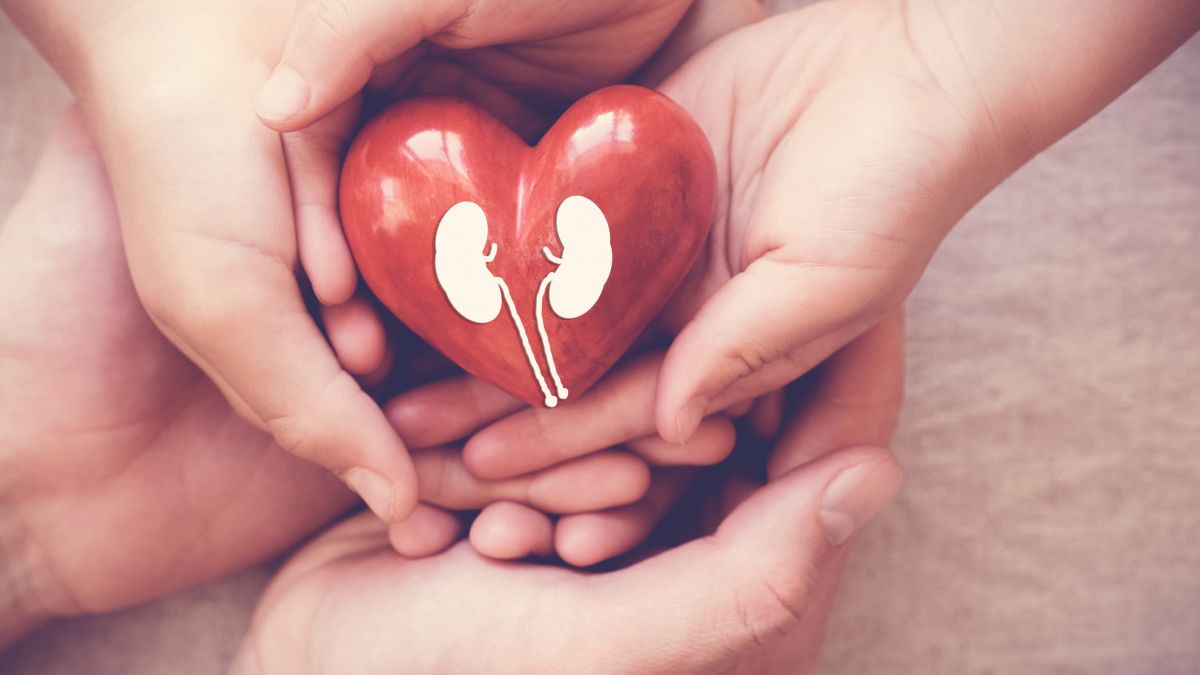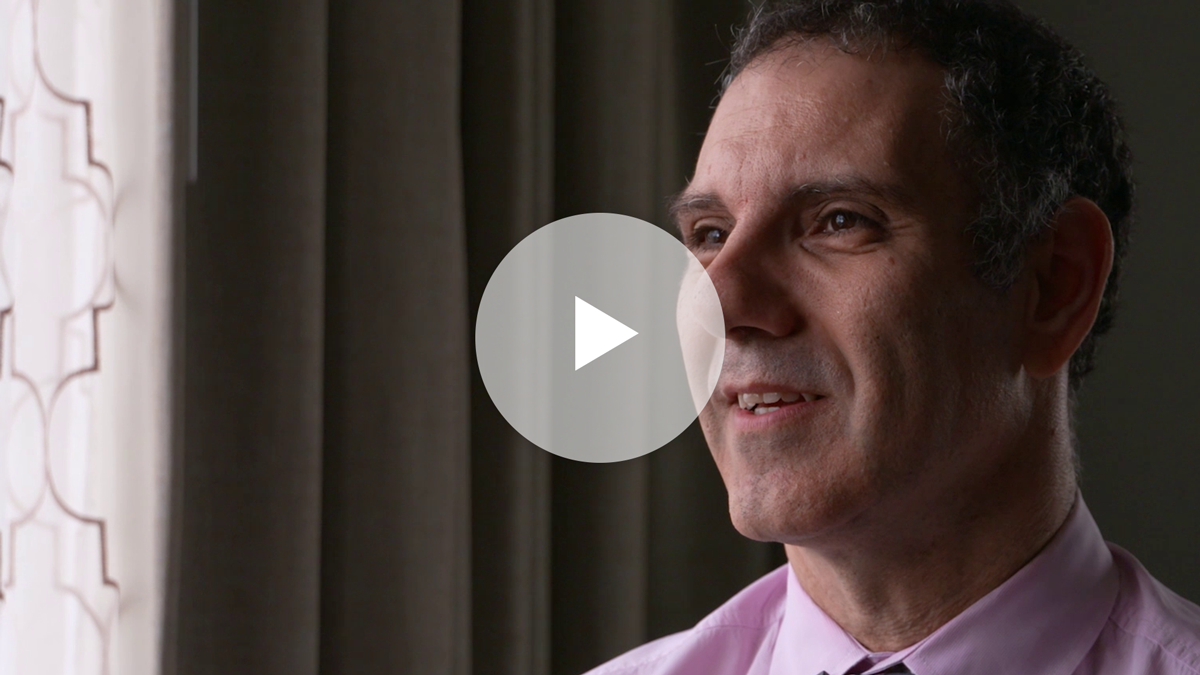Why choose Ochsner Health for your kidney or kidney-pancreas transplant?
In 1973, Ochsner performed our first kidney transplant surgery. Almost 50 years and 3,537 kidney and kidney-pancreas transplants later, the surgery has become a routine procedure. What hasn’t become routine is the way Ochsner cares for each patient. Our team has created an environment of excellence where you are not just a name on a national register, but an individual with a life you can’t wait to get back to. Our reward is helping you succeed.
Ochsner is a Medicare-approved transplant program and a Center of Excellence for many insurers.



















